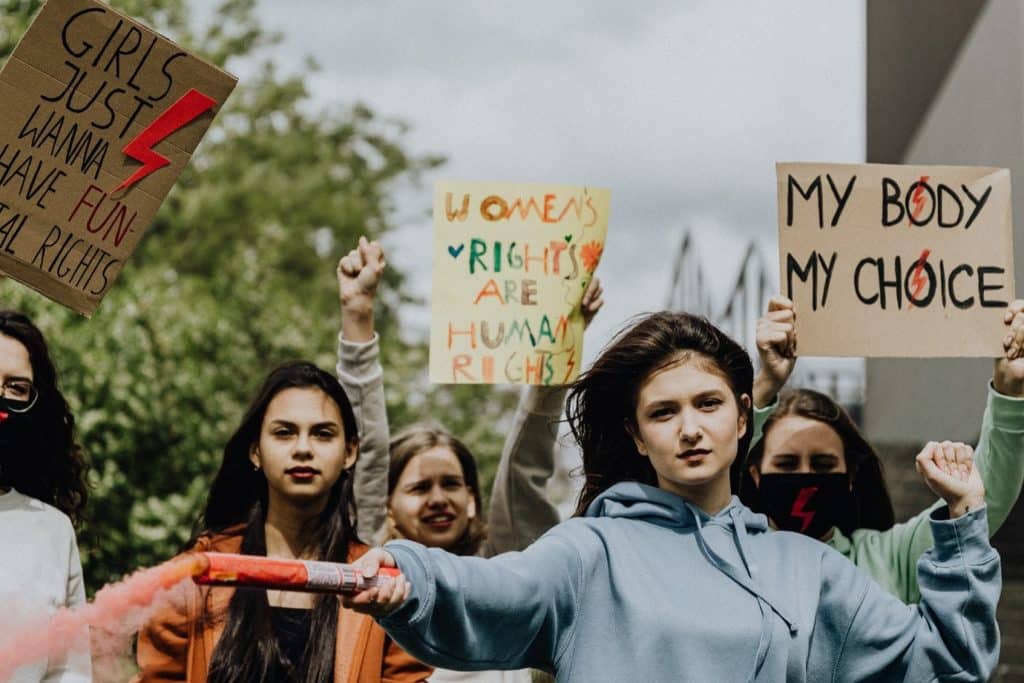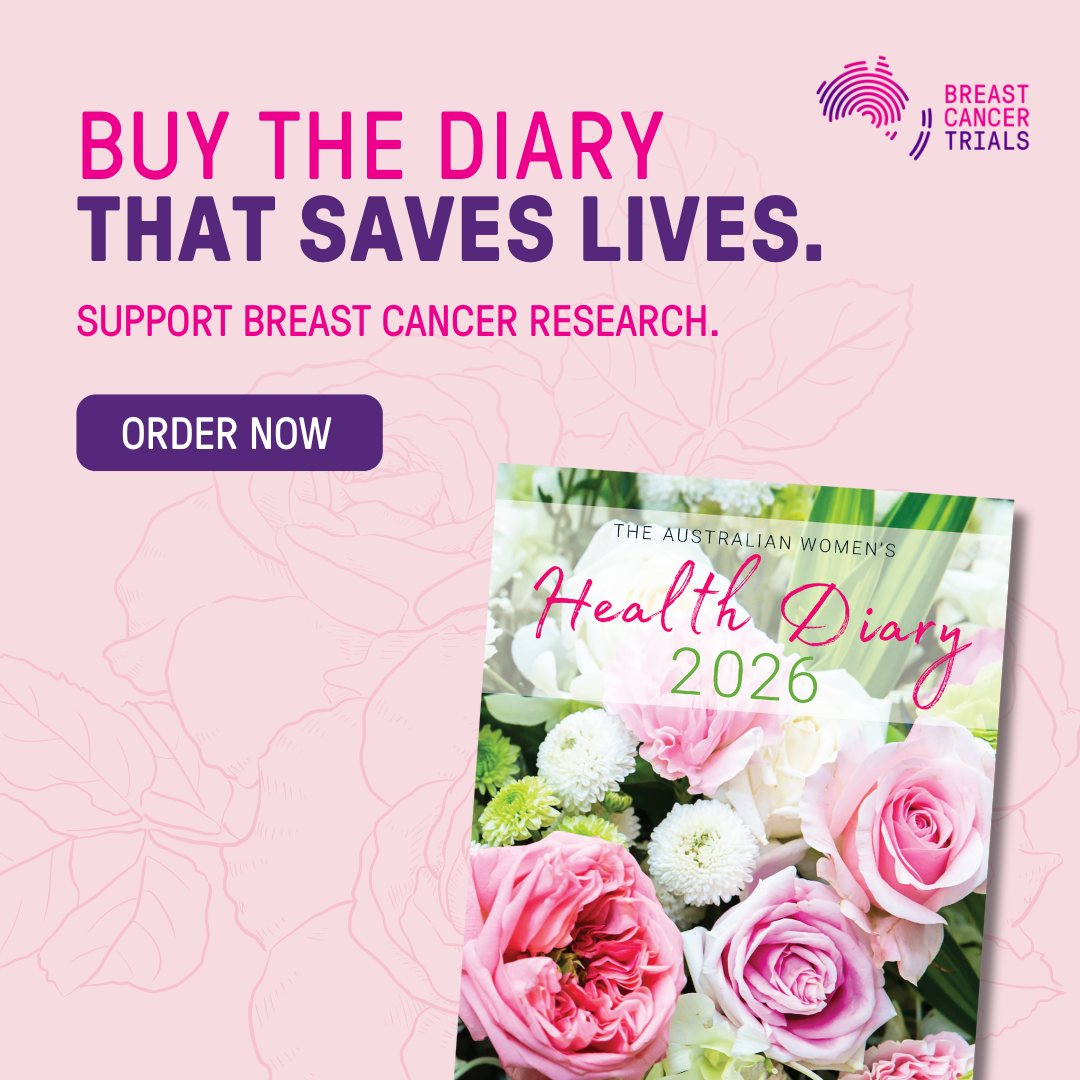Despite being heavily invested in politics, Australian young women, girls and gender diverse youth feel especially excluded from the political landscape and feel largely distrustful that politicians act in their best interest.
This comes out of a major new report, Equal Power Now: Girls, Young Women and Political Participation, from Plan International, a charity for girls’ equality.
The report is based on a survey of 29,000 girls and women aged 15-24 from 29 countries, including Australia.
The global response showed that only half (50 per cent) of participants believe that people in their community view it as acceptable for girls and young women to engage in political activities and one in five (19 per cent) have personally been discouraged from doing so.
Comparatively, Australian women and girls showed deeper disappointment than most of the other global respondents.
Sixty per cent of Australians surveyed disagreed with the statement that politicians act in the best interest of girls. Globally, the average was 43 per cent.
When asked if the decisions of their political leaders actually made them feel more stressed, worried or anxious, 53 per cent of Australian females answered “yes”, compared to 43 per cent of the global average.
“I do not feel that politicians here in Australia act in young women and gender diverse people’s interests, especially when it comes to migrants, temporary visa holders or international students like me,” says Jan, a youth activist from Melbourne.
“It feels we are only worthy to be given rights when it benefits them rather than when we need them, and it’s so frustrating.”
Even amongst their disappointment in politicians, the results showed that Australian girls and women are still deeply invested in politics.
CEO of Plan International Australia, Susanne Legena says we need to make women feel like they have a place in parliament and remove any barriers to entry in Australia.
“This report found that a clear majority of young women and girls care deeply about politics, with 97 per cent of those surveyed agreeing that participating in politics is important and 83 per cent saying they have personally done so,” says Legena.
Gender norms, abuse and harassment play significant roles in keeping girls out of politics. 72 per cent of young Australian women don’t feel politics is an equal or inclusive space for them, with just 1 in 10 believing Parliament was a safe workplace for them.
Within Australian politics, young women see sexism, misogyny, racism, homophobia, transphobia and a lack of inclusive practices for people living with a disability– all contributing to hesitancy in becoming a politician.
In Australia, 57 per cent of survey respondents believe that female politicians suffer abuse, intimidation and are judged for how they look or dress. Globally, the number was 40 per cent.
“Our cultural narrative in Australia is one of a very chill, laidback boys club, and I think that plays into a lot of young women’s disillusionment because so many young people don’t fit that narrative,” says Gracie from Sydney.
Plan International Australia say they have heard girls, young women and non-binary youth consistently say that seeing their diversities reflected in people in decision-making roles can make a profound impact on their career choices, education and self-belief.
Achieving diverse representation is still a ways off, with global stats showing men still dominating political leadership. Only one in four (26 per cent) of national parliamentarians are women and only 1 per cent of these women are under 30.
Nonetheless, a majority (56 per cent) of girls who are of voting age in their country have voted in a local or national election and one in five (20 per cent) say they can see themselves running for future political office.
“This important piece of research, which represents the views of thousands of girls and young women across countries with different cultures, income levels and civic contexts, has found that overwhelmingly, girls are political,” says Legena. “But globally, they are still being denied the right to shape the decisions which impact their lives most.”
“Politicians and other power holders must stand with girls, for girls, as they change the face of politics.”


